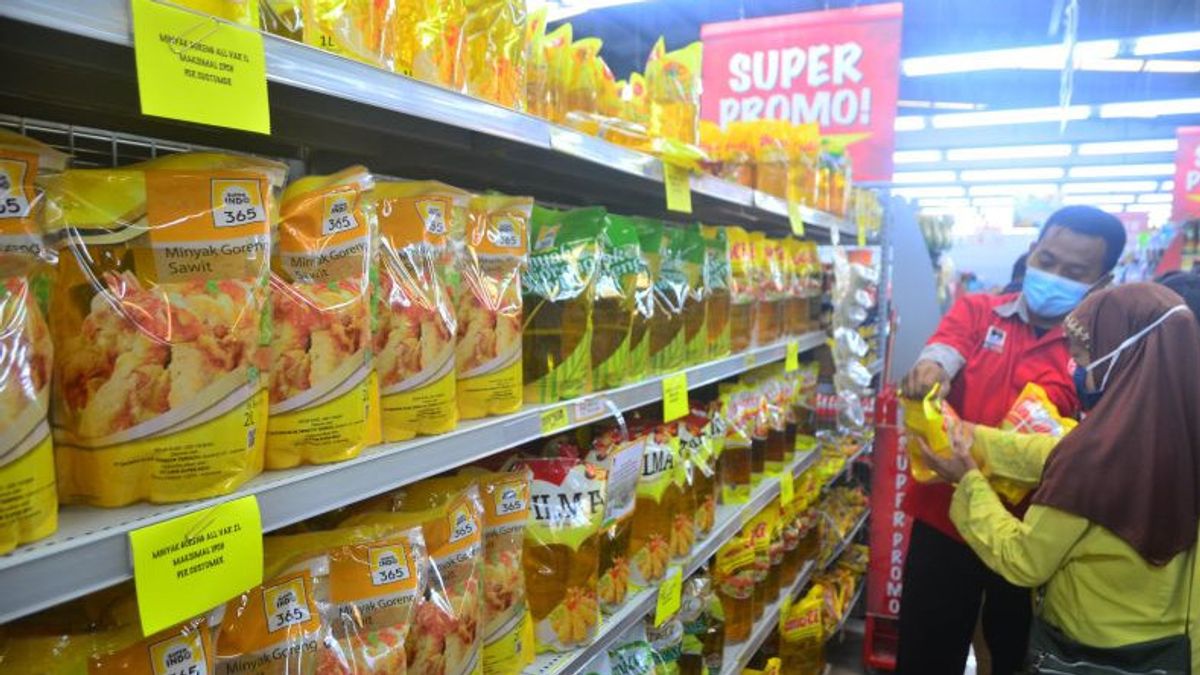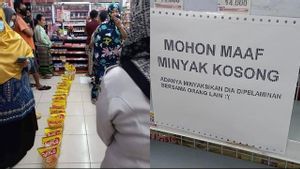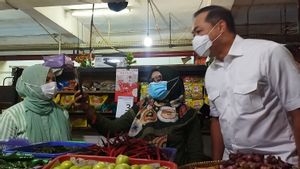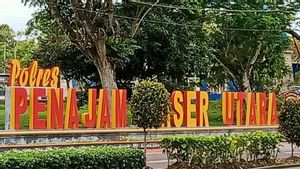JAKARTA - The Business Competition Supervision Commission (KPPU) will summon a number of cooking oil producing companies, Friday, February 4. This summons is related to the alleged cartel in the case of cooking oil prices.
KPPU Commissioner Ukay Karyadi said this step was a follow-up to the investigation process conducted by KPPU regarding the increase in cooking oil prices.
For your information, currently, KPPU has raised the case of cooking oil prices to law enforcement at KPPU.
Ukay said that based on the research conducted, KPPU found that four large companies controlled 45.6 percent of the cooking oil market. The results of this study become a strong reason for the alleged unfair business competition.
"Starting tomorrow, the KPPU will summon these companies for questioning regarding cartel indications. Why? As stated, there are signs. When there is an increase in CPO prices, it becomes the momentum for the cooking oil industry to increase the price of its products," he said in a virtual discussion Indef, Thursday, February 3.
VOIR éGALEMENT:
Ukay also explained that the big companies were found to be entirely integrated with oil palm plantations. This means, raising the price of cooking oil products will only increase the company's profit.
"In fact, those who are vertically integrated should get their supply from their own gardens. Upstream they control their gardens, they control the downstream," he explained.
Not only that, but Ukay also said that the companies still refer to international prices. According to Ukay, entrepreneurs believe that even if the price of cooking oil is increased, it will still sell well in the market.
"Because the demand for cooking oil tends to be escalating, even though the price offered (increases) will be bought by the public," he added.
Besides that, said Ukay, there is also a concern for KPPU besides upstream-downstream integration, namely the simultaneous increase in the price of packaged cooking oil from a number of companies.
"Supposedly, if PT A raises the price of cooking oil, there is an opportunity for PT B to take over PT A's market. This will be done in a compact manner," he said.
With this increase, said Ukay, the government even had to intervene in the market by implementing a one-price policy. However, after one week, the policy was revoked and the Ministry of Trade implemented a Domestic Market Obligation (DMO) and a Domestic Price Obligation (DPO).
"The problem is that the market tends to be oligopoly where vertical integration is, of course, downstream policy interventions without fixing the industrial structure are relatively ineffective," he said.
The English, Chinese, Japanese, Arabic, and French versions are automatically generated by the AI. So there may still be inaccuracies in translating, please always see Indonesian as our main language. (system supported by DigitalSiber.id)
















